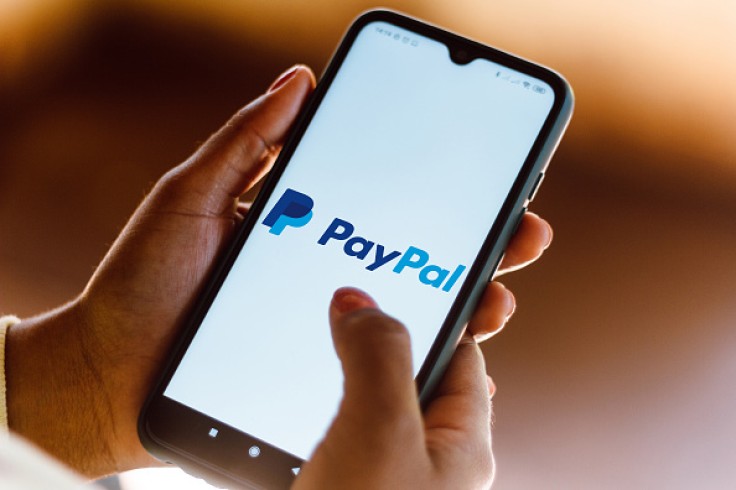PayPal is sued by consumers represented by Hagen Berman firm after the company allegedly stifles competition from low-cost payment platforms like Stripe and Shopify.

Read Also : PayPal, Venmo Cards Now Allowed on Apple Wallet
Attorneys Find PayPal Merchant Agreement Unfair
Based on the firm's initial investigation, PayPal requires consumers to pay excess charges upon purchasing from online merchants that accept either PayPal or Venmo. Moreover, the firm pointed out that under PayPal's merchant agreement, merchants are required to sign an acceptance of payment via its platform.
Once a retailer accepts PayPal or Venmo payments, it means that they also agree not to offer any discounts. The discounts are considered as a "surcharge" on PayPal transactions and are prohibited under the company's anti-steering regulation.
"If PayPal's agreements were transparent, consumers would quickly see a price difference between PayPal and Venmo and its competitors," the attorneys argued.
PayPal's Anti-Steering Rules Bear Similarity With Visa, Mastercard Rules
In 2010, Visa and Mastercard were sued by the Department of Justice due to its rules that were considered "illegally anti-competitive." The attorneys that sued PayPal argued that the current anti-steering rules of the company are just the same.
"If consumers were allowed to see behind PayPal's pricing veil, they would see a clear and distinct difference between using PayPal and Venmo to complete their transactions and using its competitors," Steve Berman, managing partner and co-founder of Hagens Berman countered.
Meanwhile, PayPal released a statement stating the company continues to put customers first and that the company is already reviewing the filing and has no further information to share at the time.
Related Article : PayPal Pauses Its Stablecoin Development Amidst Issues with Regulators









